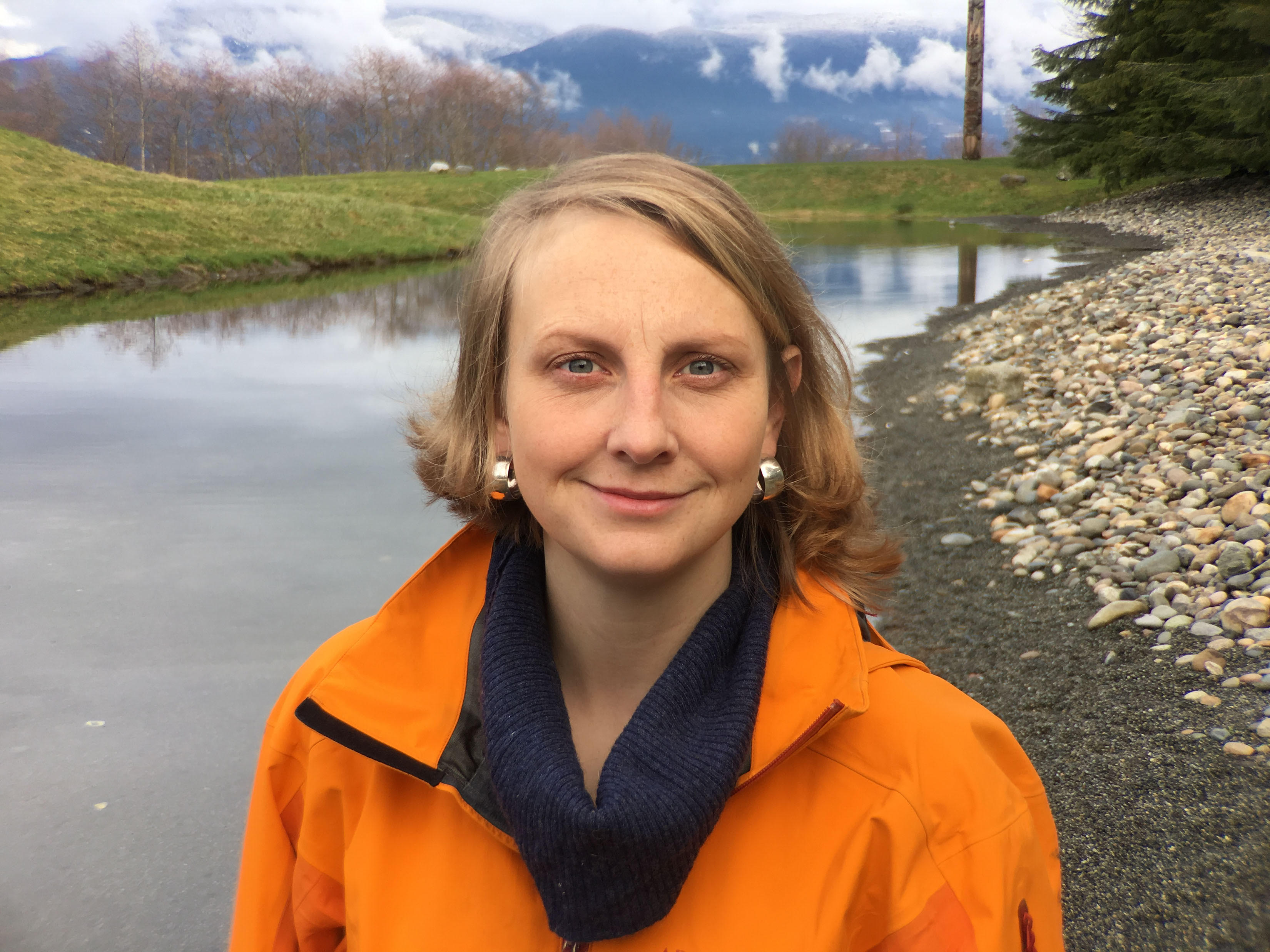The Ecological Mechanics of Range Shifts in a Warming World

Dr. Sunday’s ambitious research has advanced the understanding and prediction of species distributions in the Anthropocene. She draws on experimental, observational, and synthetic tools, and her work will interest anyone interested in biogeography, ecophysiology, community ecology, or global change.
— Alexa Fredston-Hermann, Bren School PhD Candidate
ABSTRACT
As the world has warmed, species distributions have moved polewards in latitude, upwards in elevation and deeper in depth. This global redistribution calls on ecologists to apply long-standing hypotheses about the factors that limit species distributions. Here I present macrophysiological analyses showing that marine and terrestrial ectotherms differ in the extent to which they are physiologically limited within their distributional range. I use contemporary records of range shifts to further elucidate the relative roles of species traits and ecological interactions in mediating range shifts in a warming world. I then present work aimed at connecting physiological responses in simplified environments (e.g. laboratories) to population responses in variable and competitive environments, and share ongoing work aimed at tracking high-resolution range shifts in real-time.
BIO
Jennifer Sunday’s research is focused on understanding the relative roles of climate, physiology, and species’ interactions in range dynamics and changes in biodiversity across the earth. She uses temporal analyses of biogeography, comparative traits-based analyses, and experimental approaches to better understand the mechanistic drivers of species’ ranges. One primary application of her work is to develop scenarios of future responses to climate change.